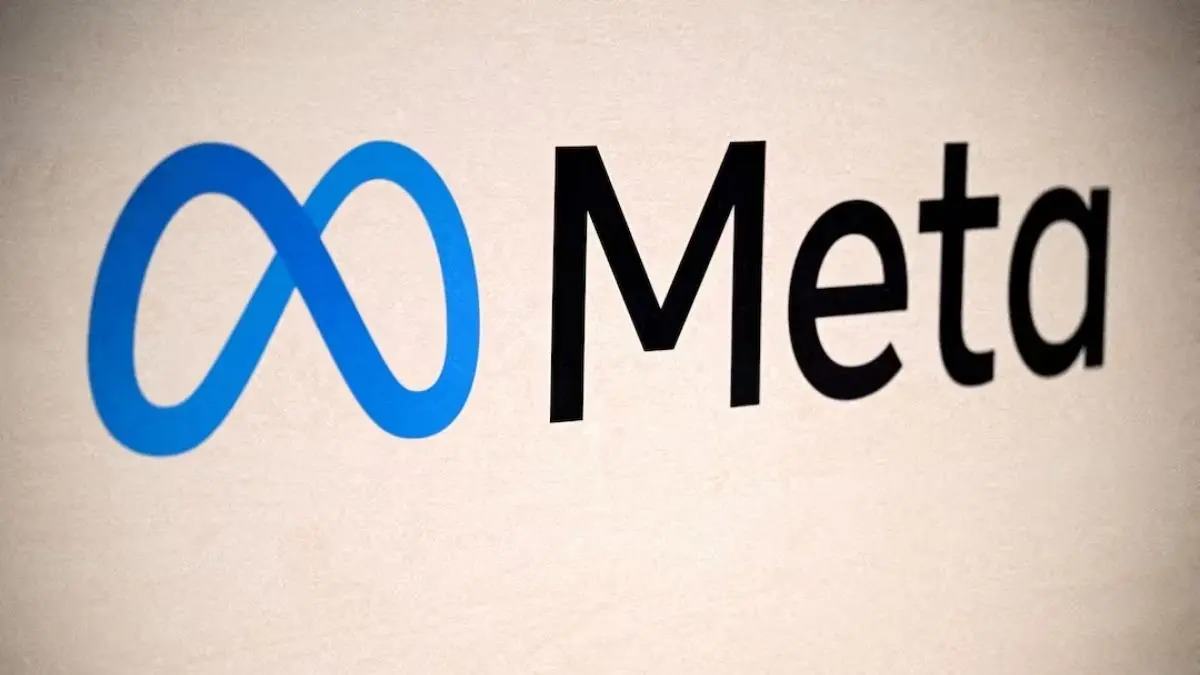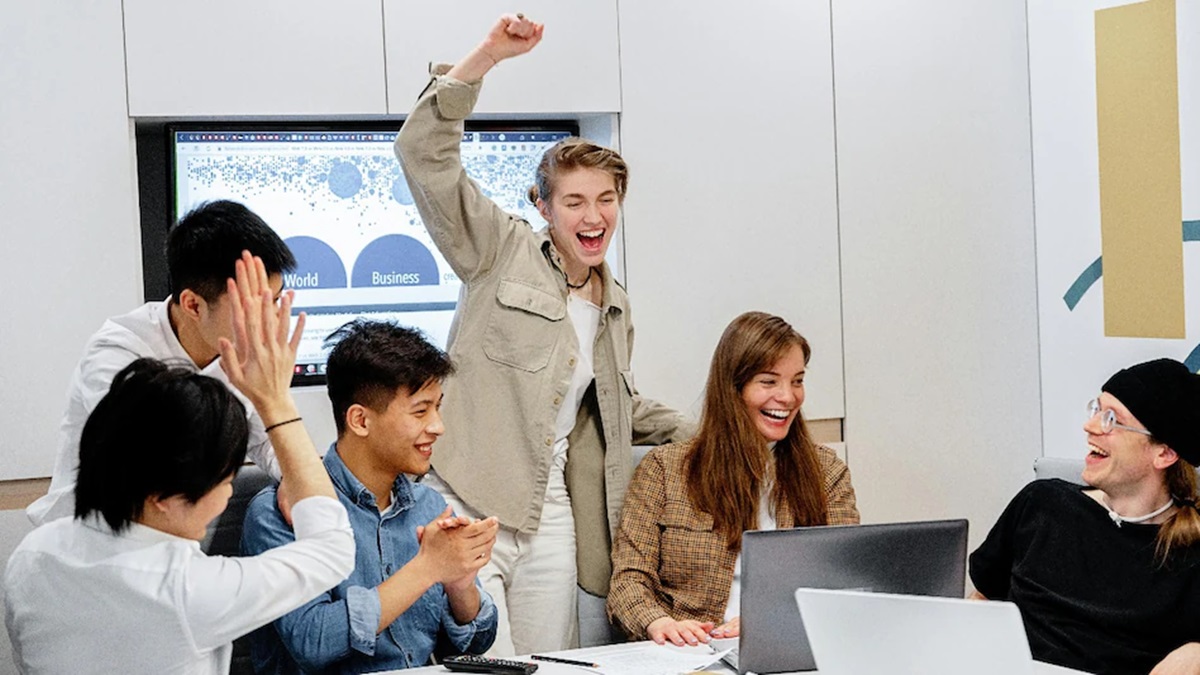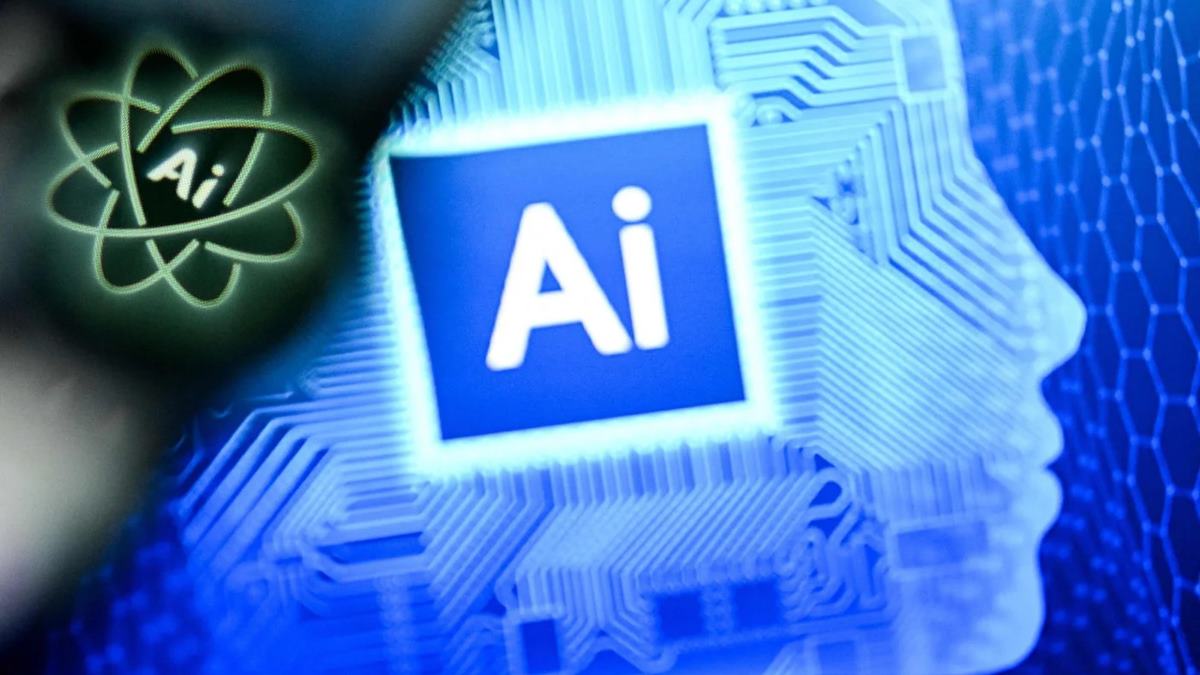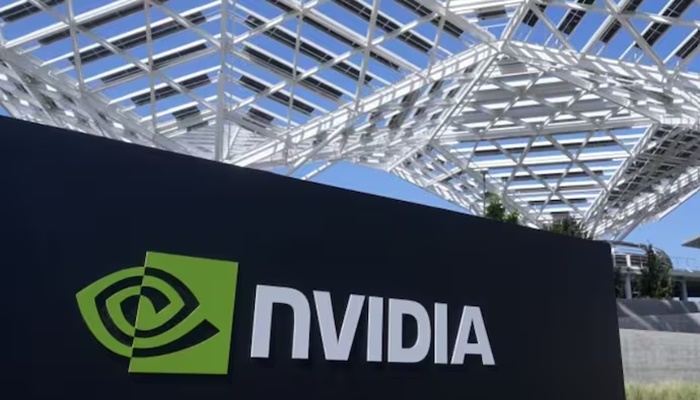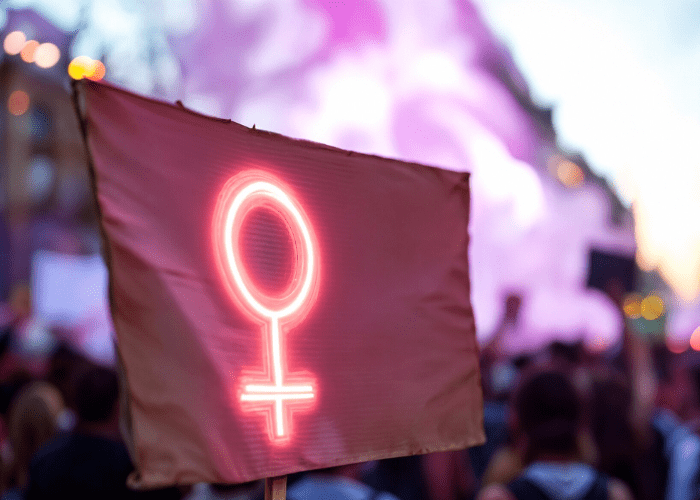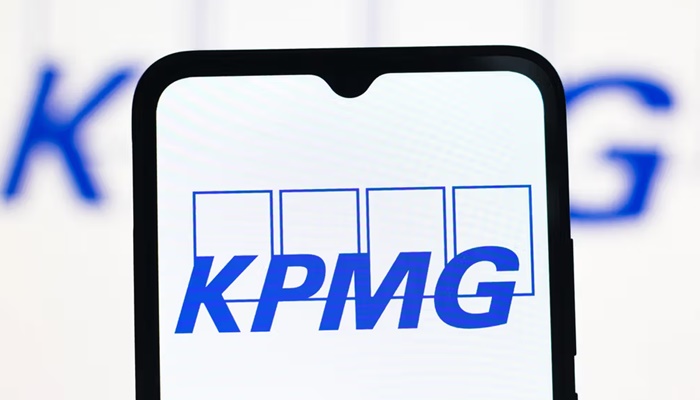The future of work is changing fast, and artificial intelligence (AI) is playing a major role in this transformation. As powerful new AI tools become part of daily life and work, conversations about their impact are growing, and younger generations seem more ready than ever to adapt.
AI can already do entry-level work, says OpenAI CEO
In a recent discussion, OpenAI CEO Sam Altman said that AI has already reached the stage where it can do the work of junior employees. Though these AI tools still operate for only a few hours at a time, Altman expects big changes soon. He predicts that in just a few months, AI systems will handle more complex tasks, even those usually done by experienced software engineers, for much longer durations.
Altman explained that these future AI “agents” could soon help businesses discover new insights or solve challenging problems, taking on a more active role in the workplace.
Gen Z embraces AI as a Coworker or even a friend
While some workers may feel anxious about AI’s impact on jobs, Gen Z is already embracing it.
A recent survey by Resume.org revealed that 51% of Gen Z respondents view generative AI not just as a tool, but as a coworker or even a friend. In comparison, only about 40% of Millennials and just 35% of Gen X and Baby Boomers said the same.
According to Altman, younger people are also using AI in more personal ways. “Older people use ChatGPT like a replacement for Google,” he said, “and people in their twenties and thirties turn to it as a life advisor.”
He added that college students are treating AI as an “operating system,” asking it for help in making real-life decisions.
Concerns over job losses still loom
While there’s plenty of excitement around AI’s potential, not everyone is optimistic. Dario Amodei, CEO of AI company Anthropic, warned that AI could lead to major job losses.
He believes that in the next five years, up to 50% of entry-level white-collar jobs could disappear, pushing unemployment rates as high as 10–20%.
Anthropic’s own AI tool, Claude, is already capable of coding for hours without human input, showing just how quickly these systems are advancing. Jobs that rely on routine desk work could be the most at risk.
Adapt or get left behind, say industry leaders
Despite the risks, many leaders in the tech world believe it’s better to adapt than resist. Nvidia CEO Jensen Huang shared this view at a recent conference, saying: “You’re not going to lose your job to an AI, but you’re going to lose your job to someone who uses AI.”
This message makes it clear: learning how to use AI could become just as important as learning how to write or use a computer.





